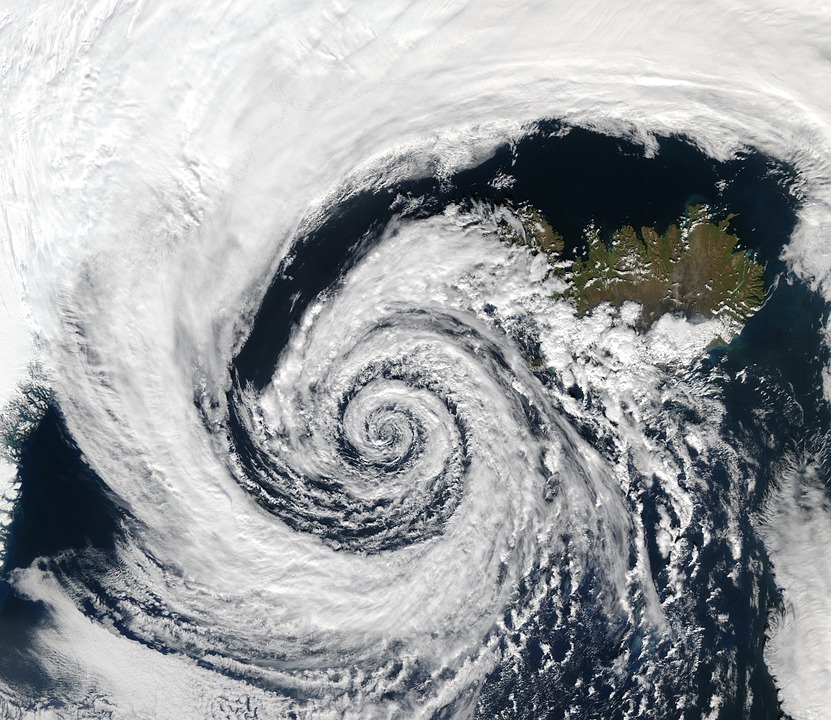“Which Two Factors Have the Greatest Effect on Climate”
Introduction
Climate, defined as the long-term average of weather patterns in a specific area, plays a crucial role in shaping ecosystems, agriculture, and human activities. Among the various factors influencing climate, latitude and elevation (altitude) stand out as the two most significant determinants globally.
—
1. Latitude and Its Impact on Climate
Sunlight and Temperature Distribution
Latitude affects the angle and intensity of sunlight received at different locations. Regions near the equator receive direct sunlight year-round, leading to consistently high temperatures. In contrast, polar regions receive sunlight at a much lower angle, resulting in colder climates.
Creation of Climate Zones
Latitude is instrumental in forming distinct climate zones:
- Tropical Zone (0° to 23.5°): Characterized by warm temperatures and high precipitation year-round.
- Temperate Zone (23.5° to 66.5°): Features moderate temperatures with distinct seasons.
- Polar Zone (66.5° to 90°): Defined by extreme cold, long winters, and short summers.
Seasonal Variations
Higher latitudes experience more pronounced seasonal changes due to variations in sunlight angles throughout the year. Near the equator, seasonal shifts are minimal, typically characterized by wet and dry seasons.
—
2. Elevation (Altitude) and Its Impact on Climate
Temperature Decrease with Altitude
As altitude increases, temperature generally decreases at a rate of approximately 6.5°C (11.7°F) per 1,000 meters (3,280 feet). This phenomenon is evident in mountainous regions where cooler temperatures prevail even in tropical areas.
Impact on Precipitation and Rain Shadows
Mountains significantly influence local precipitation patterns:
- Windward Side: Receives heavy rainfall as moist air rises and cools.
- Leeward Side (Rain Shadow Effect): Experiences drier conditions due to descending air that warms up, leading to arid landscapes.
Microclimates
Elevation contributes to the formation of microclimates—localized climatic variations that can affect vegetation and wildlife. For example, high-altitude areas may support unique ecosystems distinct from their lower-elevation surroundings.
—
3. Interaction Between Latitude and Elevation
Combined Influence on Climate Variability
The interplay between latitude and elevation creates unique climatic conditions. For instance, highland climates can exist within tropical latitudes, as seen in regions like the Ethiopian Highlands.
Case Study Examples
- The Andes Mountains in South America illustrate how high altitude in a tropical latitude results in diverse climatic conditions.
- The Rocky Mountains showcase how varied elevations within temperate latitudes create multiple microclimates.
—
4. Other Contributing Factors (Briefly Addressed)
Proximity to Bodies of Water
While oceans and lakes moderate temperatures and increase humidity, their impact is secondary compared to latitude and elevation.
Ocean Currents and Wind Patterns
These factors also influence local climates but are largely affected by latitude, contributing to regional temperature variations.
—
Conclusion
Latitude and elevation are paramount in determining climate by influencing temperature and precipitation patterns across different regions. Understanding these factors is essential for predicting climate variations and adapting strategies accordingly in response to environmental changes.

Kyle Whyte is a notable scholar and professor at the University of Michigan, holding positions such as the George Willis Pack Professor in the School for Environment and Sustainability and Professor of Philosophy. Specializing in environmental justice, his work critically examines climate policy and Indigenous peoples’ ethics, emphasizing the nexus between cooperative scientific endeavors and Indigenous justice. As an enrolled Citizen Potawatomi Nation member, he brings a vital perspective to his roles as a U.S. Science Envoy and member of the White House Environmental Justice Advisory Council. His influential research is supported by various prestigious organizations including the National Science Foundation, and disseminated through publications in high-impact journals. Kyle actively contributes to global Indigenous research methodologies and education, with affiliations to numerous institutes and societies dedicated to traditional knowledge and sustainability. Recognized for his academic and community engagement, Kyle has earned multiple awards and served in various visiting professorships. His efforts extend to leadership positions on boards and committees focused on environmental justice nationwide.
